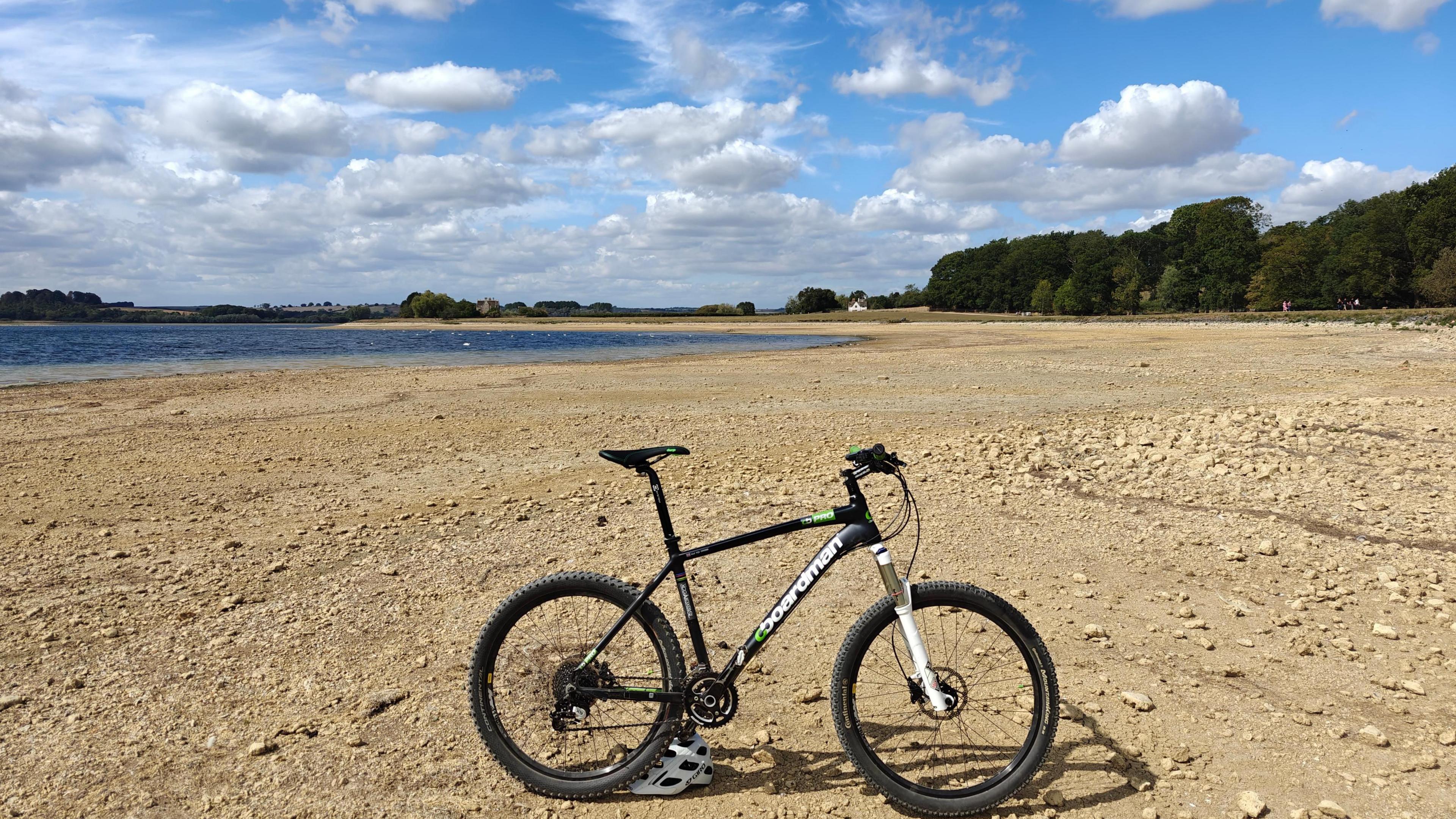 Image source, Victoria Jones/PA Wire
Image source, Victoria Jones/PA Wire
Ben Rich
Lead Weather Presenter
The United Kingdom has "almost certainly" had its hottest summer on record, according to provisional statistics from the Met Office.
The mean temperature across the country - which includes overnight lows as well as daytime highs - currently stands at 16.13C (61.03F) with less than a week of the season left to run.
This is well ahead of 2018, the previous warmest summer, which had a mean temperature of 15.76C (60.37F).
Temperatures during the rest of August would need to be four degrees below normal to prevent the record being broken - and this does not seem likely.
This is in line with evidence that summers are getting hotter and drier because of climate change.
A summer of four heatwaves
The highest temperature of the summer was 35.8C (96.4F), recorded at Faversham, Kent on 1 July.
This may seem relatively modest compared with some of the exceptional highs of previous years, including the record-breaking 40.3C (104.5F) recorded in July 2022.
However what is notable about this summer is how long-lasting and widespread the heat has been - with temperatures widely meeting heatwave criteria on four separate occasions.
The heat started early with a June heatwave which brought highs above 33C (91F) for the summer solstice.
The mercury then climbed again later in the month with Wimbledon seeing its hottest start to the tournament on record.
A brief cooler spell in early July was followed by a third heatwave which brought Scotland, Northern Ireland and Wales their hottest weather of the year.
A fourth heatwave in August brought temperatures of 33.4C (92.1F) in parts of England, while 31.6C (88.9F) at Charterhall, Borders, was Scotland's highest August temperature since 2003.
The warmth has often been accompanied by blue skies with sunshine amounts above average, especially in England.
Dry overall but with big variations
Met Office figures show that the UK as a whole has had 72% of its average summer rainfall so far.
In a typical year we would expect this to be at 93% by this point in August.
However, the pattern has been variable.
Central, eastern and southern parts of England have been exceptionally dry while northern and western areas of the UK - especially Scotland - have been much wetter.
Hosepipe bans are in force across large parts of England - partly because the dry hot summer has followed the UK's driest spring in more than 50 years.
 Image source, BBC Weather Watchers / Fife on a Bike
Image source, BBC Weather Watchers / Fife on a Bike
The long dry spell has left water levels at Rutland Water exceptionally low
The story has not been entirely straightforward though.
Heavy downpours and thunderstorms caused flash flooding for some places during July.
Meanwhile it was a stormy start to August as Storm Floris brought gusts of over 80mph (130km/h) to parts of the UK.
This was an unusually strong storm for the time of year and brought widespread disruption, especially in Scotland.
Is climate change to blame?
There are a number of reasons why this summer has been so warm.
High pressure has regularly been overhead, meaning long spells of dry, calm, sunny weather.
The dry ground has also helped temperatures to climb.
Less of the Sun's energy has been used in evaporating moisture leaving more to heat the ground and the air.
A marine heatwave has also played a part with sea temperatures in parts of the UK up to 3C above normal at times, reducing the usual cooling effect around the coast.
However, scientists are clear that climate change is making our summers hotter and drier.
Nine of the last 10 summers (2016-2025) have brought temperatures above the long-term norm.
The number of very hot days with temperatures above 30C (86F) has more than trebled in the most recent decade compared with the 1961-1990 average.
This year's heat looks set to knock the infamous summer of 1976 out of the UK's five warmest on record - meaning the five hottest summers will all have occurred since the year 2000.
The full summer statistics are expected to be released by the Met Office on 1 September.
.png)
 3 months ago
20
3 months ago
20








 English (US) ·
English (US) ·